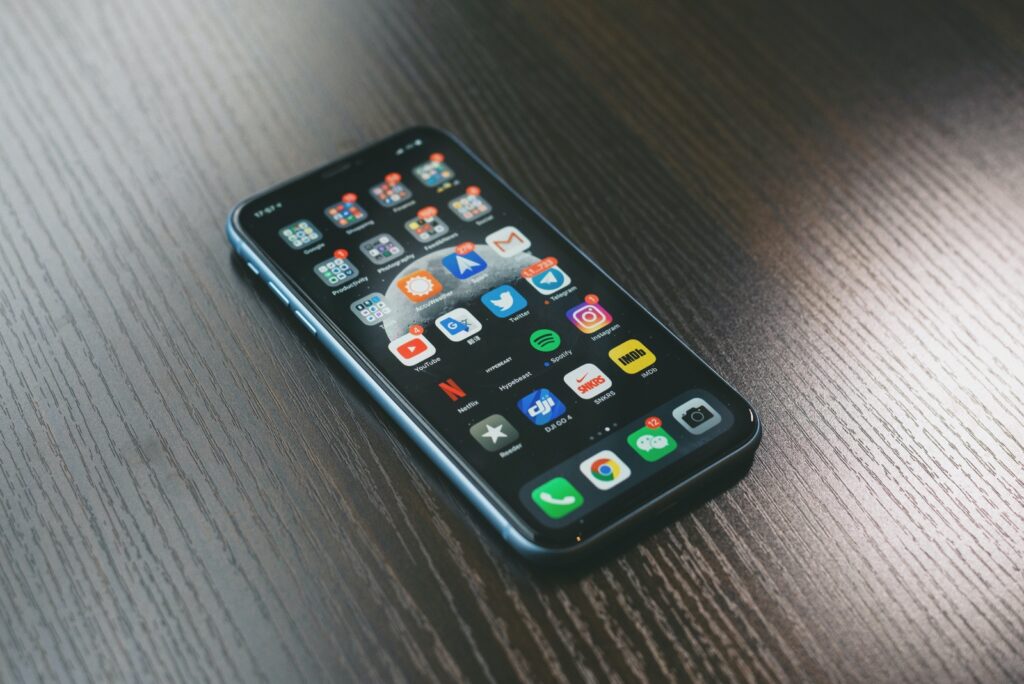With the growth in online ventures and instant consumer needs, there is a rise in the development of mobile apps. Platforms like Apple’s App Store, Google Play Store, and Windows distribute these solutions. The constant profits and the online world’s offerings are attracting cybercriminals to its business.
If you lack mobile app security, everything is at stake, from database to coding and ideation. Here are 7 practices that will help in securing your application online.
Cybercrime is a serious issue today, and the growth of big data technology has made it even more critical to review mobile application security standards. Hackers and cybercriminals are constantly finding new ways to exploit vulnerabilities in data systems and apps, which can lead to the theft of personal information, financial data, and other sensitive files.
‘Consumer safety is the core of succeeding in the app development world.’
Of course, one can conduct regular security audits and vulnerability assessments to secure your mobile apps. These tactics help in identifying vulnerabilities that can then be addressed and fixed.
Other measures include using strong encryption methods to protect sensitive data, implementing multi-factor authentication to prevent unauthorized access, and regularly updating the app to ensure that it is using the latest security protocols and patches.
Now, before doing a further due. Let’s dive into some ensuring tactics for securing your mobile application.
8 Things to Ensure Your Mobile App Security
1. Strong code encryption
Data secrecy is the main motto of code encryption. Reverse engineering is one of the skills of cyber attackers in which they find vulnerabilities in software and dissemble the original software to find loopholes.
They distribute such modified software among customers to target them. A constant review of developed software or app is necessary and it keeps hackers away from the software. Vulnerability scanning and the usage of other tools are necessary to protect applications from cyber attackers.
2. Get a Code Signing Certificate
A Code Signing certificate binds an organization’s identity to a public key mathematically related to a private key pair. A developer can use their private key to sign the code, adding a digital signature. The end user can then use the developer’s public key to verify the authenticity of the code and ensure that it has not been tampered with or modified in any way.
This process helps ensure the integrity and security of software applications and builds trust between developers and end users. PKI is widely used in various applications, including secure messaging, e-commerce, and online banking. It is wise to secure your app with Comodo Code Signing Certificate now!
3. Quality assurance test of an app
It needs to be thoroughly tested from the app development stage to after-deployment and timely updates. Testing an app quickly brings out weaknesses and vulnerabilities, giving the development team ample time to fix them. It also helps secure applications from showing off possible loopholes to cyber criminals. Thus, it is the most efficient and cost-effective way of keeping your application on track, away from all malpractices.
4. Secure data-in-transit via SSL
All data transmitted between the client and the server is encrypted and protected from interception or tampering by third parties. This helps to ensure the confidentiality and integrity of sensitive data, such as passwords, credit card numbers, and other personal information. SSL/TLS is widely used on the internet today to secure a variety of online transactions and communications.
5. Robust password authentication
Developers should cleverly design applications with password rules like biometric authentication, alphanumeric passwords, two-step password, and more. Such integration will avoid security breaches and provide your targeted audience with assurance in your application. Thus, it will generate online goodwill for your brand in the long run.
6. Minimal storage of sensitive data
The best way to protect data is to stop storing it in an unprotected app. The wise decision should be to store it in a local device memory away from all the prying digital eyes. Encrypted data containers or key chains can be a good option for storing sensitive data in mobile applications. These containers use encryption to protect the data from unauthorized access, making it more difficult for attackers to steal sensitive information.
7. Integrate the best architecture and frameworks
In today’s fast-paced digital world, technological advancements are invented every day. With a robust and scalable architecture, your application will not likely have any loopholes. The feature functionality of the app is driven smoothly with a secured architecture. So, opt for the reliable one that provides great security to your application.
8. Implement access control of data
Access controls can restrict access to certain features or data within the application based on user roles or permissions. This can help prevent unauthorized access and reduce the risk of data breaches.
On a concluding note…
In today’s world, our smartphones and mobile apps have become an essential part of our lives, and we store a significant amount of sensitive information on them. This information includes personal details, financial data, and other sensitive information that cybercriminals could exploit if it falls into their hands.
As a result, mobile app developers need to prioritize security when building and deploying applications. They must take every possible measure to protect their users and clients from cyber threats.
This means implementing robust security measures such as encryption, secure coding practices, and multi-factor authentication. They should also conduct regular security assessments to identify and address any vulnerabilities or weaknesses in the application.
In addition, developers should educate their users about the importance of mobile app security and provide them with the tools and resources they need to protect their devices and data.
By taking a proactive approach to mobile app security, developers can help to mitigate the risks of cyber-attacks and safeguard their users’ sensitive information, ultimately building trust and confidence in their applications.










